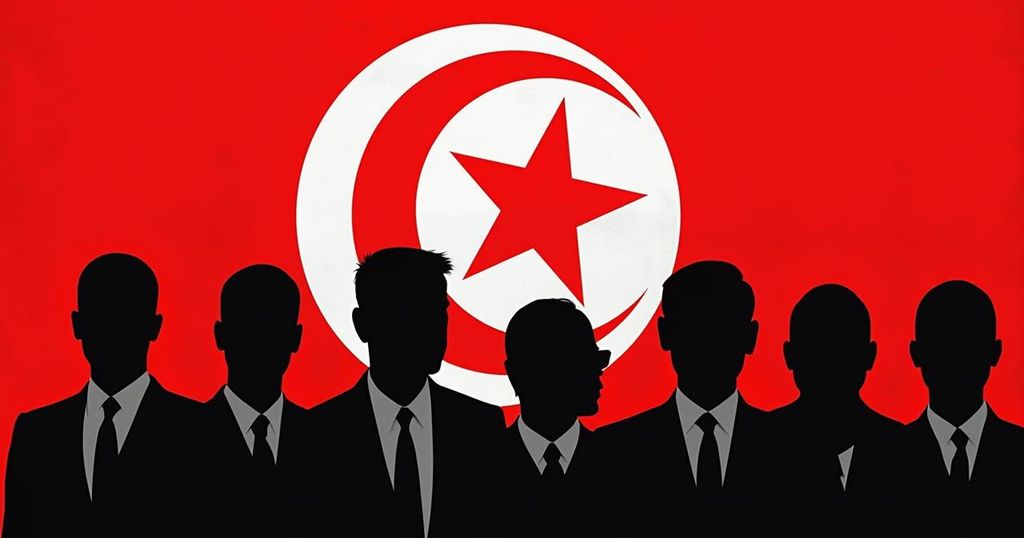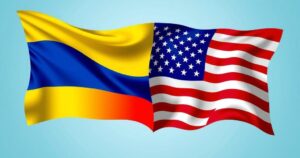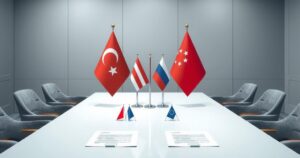Tunisia’s Crucial Presidential Election: Challenges and Implications

Tunisia is preparing for its third presidential election since the Arab Spring on October 6, 2024. President Kais Saied seeks re-election, facing minimal opposition due to significant political suppression. The election follows a controversial consolidation of power by Saied since 2021, raising concerns over the election’s fairness and the broader implications for Tunisian democracy amidst ongoing economic struggles and public discontent.
Tunisia is preparing to hold its third presidential election since the Arab Spring on October 6, 2024. President Kais Saied, seeking re-election, may face little opposition due to the imprisonment or disqualification of many significant challengers. This election is significant as it follows Saied’s controversial consolidation of power beginning in July 2021, during which he implemented a state of emergency, dismissed his prime minister, suspended parliament, and revised the constitution to centralize authority. International observers had previously deemed past elections as compliant with democratic standards, but recent actions, including a wave of arrests and restrictions imposed by the electoral commission appointed by Saied, have cast doubt on the fairness of the upcoming vote. Tunisia was once hailed as a beacon of democratic progress post-Arab Spring, enacting a new constitution and receiving a Nobel Peace Prize for its civil society efforts. However, the nation now grapples with severe economic challenges, political fragmentation, and rising discontent among voters. Saied was elected in 2019 amidst a wave of anti-establishment sentiment but his administration has struggled with economic growth, high unemployment—particularly affecting youth—and increasing political apathy among the populace. In this electoral cycle, only three candidates have been approved to run: Saied, Zouhair Maghzaoui, a veteran politician opposing Saied’s economic policies, and Ayachi Zammel, a businessman facing legal difficulties related to voter fraud. The disqualification of many other potential candidates and the call for a boycott by opposition groups points to a deteriorating commitment to democratic principles in Tunisia. There is a growing concern regarding the legitimacy of the election process, particularly amidst a backdrop of social strife and economic hardship. The election outcome will be indicative of public sentiment regarding the current state and future of Tunisia’s democracy, as well as Saied’s grip on power in the country.
The October 6, 2024 presidential election in Tunisia marks a significant moment in the country’s post-Arab Spring political landscape. This election is particularly critical given that it is the first since President Kais Saied enacted a series of political maneuvers in July 2021. These maneuvers included suspending parliament, appointing a new electoral authority, and ushering in a revised constitution, all of which have been labeled by critics as a ‘coup’ against the democratic principles nurtured in Tunisia following the ouster of President Zine El Abidine Ben Ali in 2011. While past elections have been recognized for adhering to democratic standards, concerns have emerged regarding the fairness of the current election due to Saied’s heavy-handed tactics against dissent and the unavailability of credible opposition candidates. Tunisia’s economy is also in dire straits, plagued by high unemployment and dependency on international aid, adding another layer of complexity to the electoral proceedings, as public opinion remains strained amid economic turmoil.
In conclusion, the upcoming presidential election in Tunisia is set against a backdrop of political strife, economic hardship, and a significant lack of legitimate opposition. President Kais Saied’s consolidation of power and the absence of credible challengers threaten the democratic ideals that initially flourished in Tunisia after the Arab Spring. The election will not only signal the public’s approval of Saied’s policies but also serve as a litmus test for the future of democracy in Tunisia, raising critical questions regarding governance, civil liberties, and the nation’s path forward.
Original Source: apnews.com







